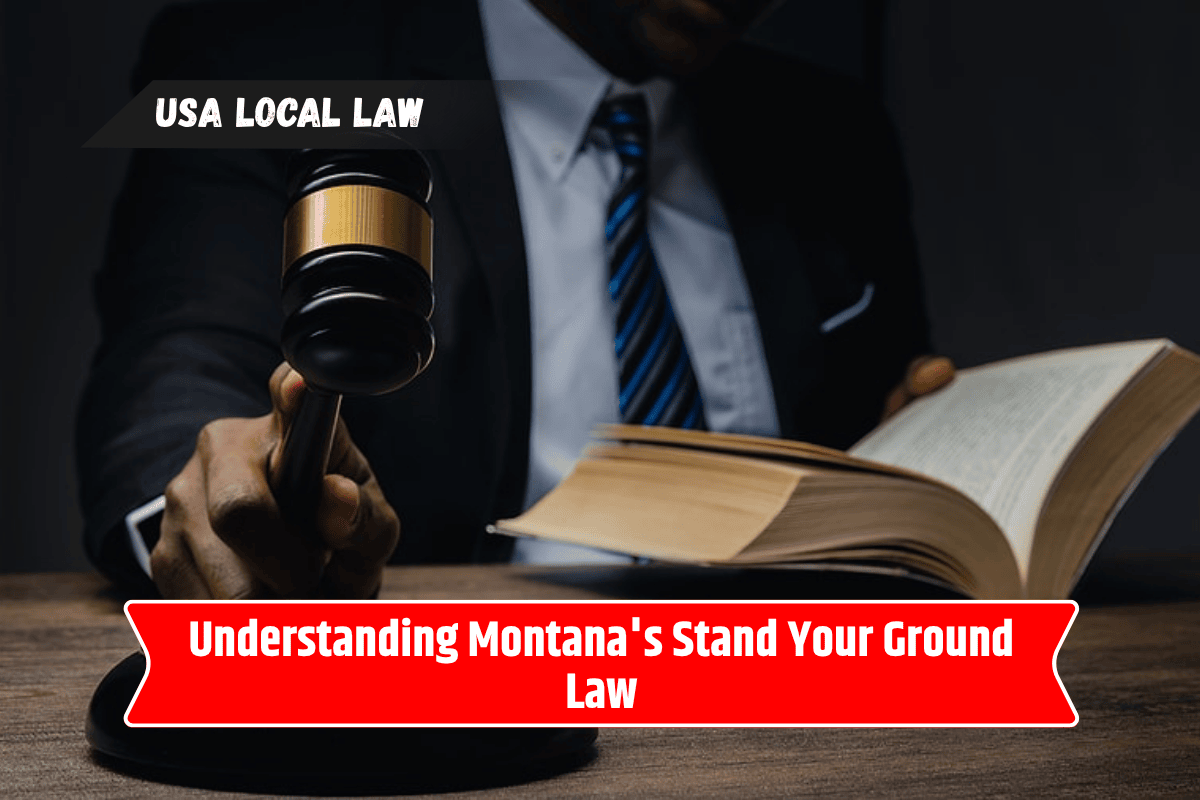Stand Your Ground laws let a person defend themselves without retreating if they feel threatened. In Montana, this law lets you protect yourself, but it’s important to know when and how it applies.
What “Stand Your Ground” Means in Montana
Montana’s law says you don’t have to run away when someone threatens you. If you’re in a place where you have a legal right to be—like your home, car, or a public spot—you can use force, even deadly force, to defend yourself if you really believe your life is in danger. This means you don’t have to try to escape first.
When You Can Use Self‑Defense
To legally use self‑defense in Montana, three things must be true:
You must be somewhere you’re allowed to be.
You have a genuine reason to believe you’re in serious danger.
Your response is reasonable — you can’t use more harm than needed.
No Duty to Retreat
Some states expect you to try to run away if possible. In Montana, this law does away with that duty. You don’t have to escape before acting in self-defense, as long as you’re legally present and truly feel threatened.
Limits and Responsibilities
Even with this law, there are important limits. You can’t start a fight and then claim self-defense. If you’re the first aggressor, you lose this right. Your fear must be honest and reasonable — if someone lightly pushes you, that doesn’t count. If you use force, it must match the threat level.
Montana’s law also protects others who step in to help. If they follow the same rules — they’re in a legal place, believe there’s real danger, and act reasonably — they’re protected too.
Real‑Life Example
Imagine someone breaks into your friend’s car late at night while you’re both inside. You believe they’ll hurt you. You don’t have to run away — you can threaten or use force to protect yourselves. But if you hit them too hard, far beyond reasonable self-defense, you could face legal trouble.
Montana’s Stand Your Ground law means you don’t have to flee if you face a real threat. You can defend yourself legally—deadly force is allowed only if you honestly fear for your life, are in a lawful place, and use only what’s needed.
This law aims to let citizens act in self-defense, but it also makes sure such actions are reasonable and not over the top.
Montana’s law gives people the right to defend themselves without needing to retreat first. But there are boundaries: the threat has to be serious, your reaction must be honest and proportional, and you can’t be the one who started the trouble. Understanding these rules helps if you ever face a scary situation.
Montana’s Stand Your Ground rule is strong, but it doesn’t give freedom to use violence freely. It protects those who genuinely fear for their life, as long as they act responsibly and only do what’s needed to stay safe.
